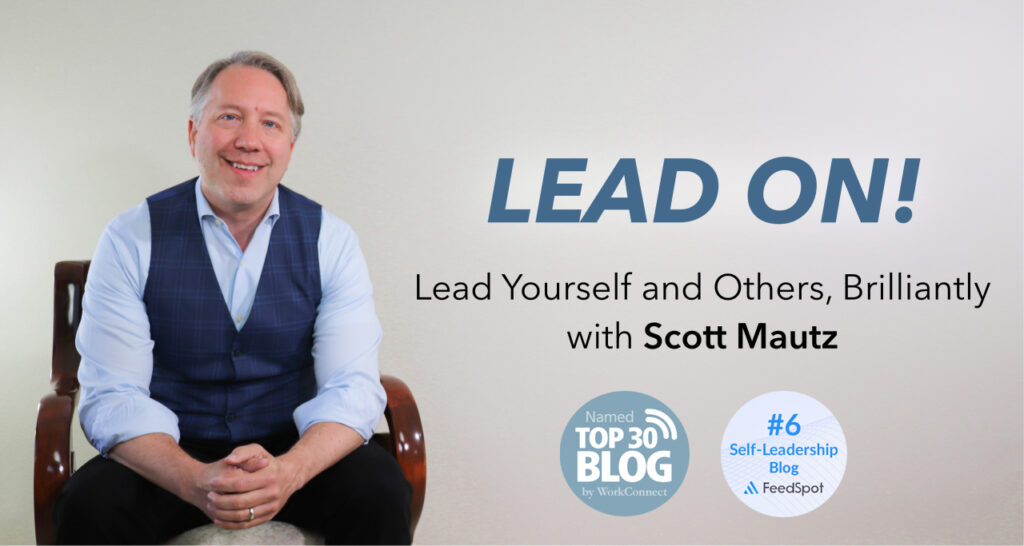
INSIGHTS (on leadership/self-leadership)
Years back, Steve Jobs’ sister wrote a poignant eulogy for her brother in the New York Times, revealing his last words. They were not, at all, what false internet fodder claimed, that he gave a deathbed speech on the evils of pursuing a life of wealth. Jobs’ last utterance was simply:
“Oh wow. Oh wow. Oh wow.”
Before revealing this, Jobs’ sister set it up by referring to “sweet Steve’s capacity for wonderment.” Of course, we’ll never know what brought on this final dose of wonder; a last-minute memory? A first glance at what comes next? It doesn’t matter. It’s about how these words serve as a reminder of the importance of having awe in your life.
Awe has been defined by Berkeley and University of Virginia research as “the feeling of being in the presence of something vast and greater than the self, that exceeds current knowledge structures.” In other words, experiencing awe gets you out of the focus on the individual self and better connects you with the greater good–a source of deep happiness. This shows up as altruistic behavior, as the study showed. The researchers gathered groups of college students on campus to look up at one of two things–a majestic group of eucalyptus trees or a building. The group looking at the trees experienced more awe (unsurprisingly). Then a clumsy researcher “accidentally” tripped and dropped pens everywhere while each group was gazing. The group experiencing more awe helped the researcher pick up pens to a much greater extent.
Research from the Association for Psychological Science also shows that experiencing awe expands our perception of time thus making us feel less impatient, more able to stay present in the moment, and helping us to “amplify the savoring of pleasurable moments.”
Oh wow.
Sounds worth it, no? So, what are simple ways you can bring more awe into your life?
1. Choose experiences over things.
2. Get out in nature.
3. Make time for the arts.
4. Notice what astonishes you about the everyday.
However you do it, the time for the pursuit of “Oh wow,” is now.
My daughter did that just recently, in the deep north of Norway.

Photo credit: Emma Mautz
IMPERFECTIONS (a mistake many make)
When it comes to maximizing your productivity, it’s easy to make the mistake of over-focusing on time management skills (how you allocate your energy to get the variety of things done on your To-Do list). In fact, your problem might not be as much a time management problem as it is a bandwidth problem. A telltale sign? If you think you have enough hours in the day to tackle everything you need to accomplish, but you usually run out of energy to complete it all by day’s end, you might have a bandwidth issue. While time management is about energy allocation, bandwidth is about your total pool of energy or mental capacity to get things done. As author Lisa Aldisert told Fast Company:
“So, it’s not only how much you have on your plate, but also how much energy each of those tasks requires. This is what ultimately determines how much you can get done in a particular period. When your mental energy – or your bandwidth – is drained, it doesn’t matter if you have hours available because you won’t be very productive.”
Here are bandwidth busters to avoid:
1. Always pursuing perfection
2. Saying “yes” to every new project
3. Responding to email at any hour you’re awake
4. Falling victim to Hofstadter’s Law (consistently underestimating how long it takes to get something done)
5. Forgetting your priorities
IMPLEMENTATION (one research-backed strategy, tip, or tool)
Here’s the thing about the one life we’re given. It’s the one life we’re given.
So, a question as old as time surfaces, yet again. How do you maximize the impact you have in the time you have? It’s a massive question, one that deserves an answer as it relates to both work, and life. So, I’ll return to a powerful tool I’ve shared in the past (and in my new book The Mentally Strong Leader) that has really resonated with people. It’s what I call the POWER tool, POWER being an acronym for the five science-backed, most proven ways you can maximize the impact you have in your work, and in life.
Pinpoint what only you can lead – If you ask this question, “What can only I lead?”, I guarantee there’s an answer to that question.
Own a change sorely needed – you see something that needs to be changed, change it. Don’t wait for someone else to do it.
Work on a system vs. in a system – of course you need systems/processes/procedures to get things done, but we’ve all experienced a system, a process, a procedure, that has outlived its purpose, or simply isn’t as effective as it should be. Change it.
Establish an unmet need to fill – or a deed that needs doing.
Remove a barrier for someone – or solve a circumstance.




Leave a Reply